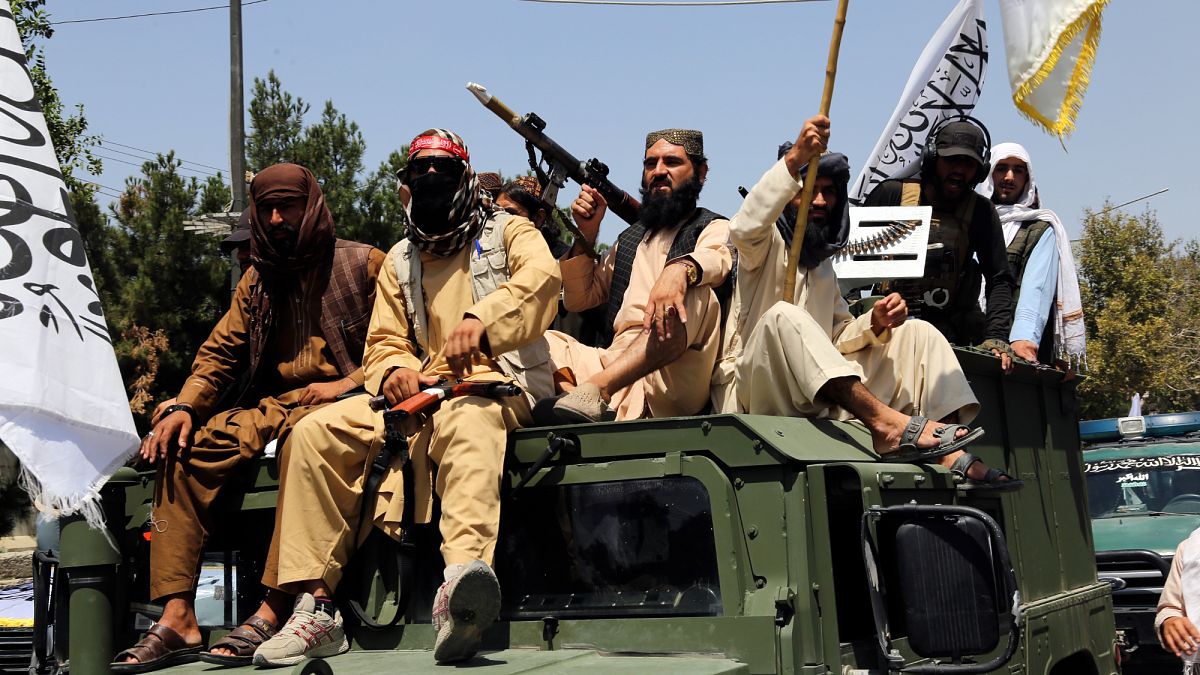

In a world marked by diverse geopolitical landscapes, nations continue to engage in diplomatic dialogues and seek frameworks for peace and cooperation. Recent developments reflect this ongoing commitment, highlighting countries’ resilience and collaborative spirit.
Germany, despite maintaining no official diplomatic ties with the Taliban government, which took control of Afghanistan in 2021, is navigating a complex path towards repatriating convicted Afghan migrants. Germany is exploring potential agreements with the Taliban to ensure the return of those individuals. This initiative underscores Germany’s adherence to legal frameworks and its endeavour to balance domestic policies with international interactions.
Meanwhile, Afghanistan has seen a significant diplomatic breakthrough with Russia’s official recognition of the Taliban government. The Taliban, having returned to power in 2021, characterized Russia’s decision as a “brave” step. This development not only highlights Russia’s strategic foreign policy but also opens a new chapter in Afghanistan’s international relations, potentially influencing other countries’ diplomatic stances towards the region.
Turning to Europe, Ukraine is steadfast in its pursuit of European Union membership. Despite Hungary’s veto, President Volodymyr Zelenskyy has expressed unwavering determination, supported by Denmark’s promise of backing. This willingness to progress with EU accession talks illustrates Ukraine’s strategic commitment to align with European standards, signaling strong regional intentions for integration and cooperation.
Furthermore, the United Kingdom is preparing to host a significant “coalition of the willing” meeting, driven by France and the U.K. This meeting is focused on providing security guarantees to Ukraine, reflecting an international pledge to support the country amidst ongoing challenges. This coalition signifies a bolstered strategic partnership and a testament to multilateral efforts aimed at ensuring peace and stability in Eastern Europe.
In Central Asia, Azerbaijan and Uzbekistan are reinforcing their bilateral ties. With the upcoming ECO Summit on the horizon, Presidents from both nations have engaged in discussions centered on enhancing trade, energy cooperation, and regional connectivity. Their meeting, capped by laying the foundation stone for a new park, not only fosters diplomatic goodwill but further strengthens their economic and cultural rapport.
Amidst political landscapes, efforts towards peace persist. In the Middle East, Hamas officials, currently situated in Istanbul, are contemplating a proposed ceasefire deal concerning Gaza. While Hamas seeks stronger guarantees for a long-term cessation of hostilities, discussions with other Palestinian factions hint at a collective desire for a sustainable resolution to the protracted 20-month conflict. This dialogue represents a concerted effort towards peace and stability, underlining the significance of continued negotiations in pursuit of lasting harmony.
In summary, these global developments underscore a collective commitment to dialogue and cooperation. From Europe to Central Asia and the Middle East, nations are taking earnest strides towards fostering international partnerships and addressing challenges with a unified front. As the world watches these diplomatic efforts unfold, the potential for peace and collaborative progress remains hopeful and promising.
Source: {link}
